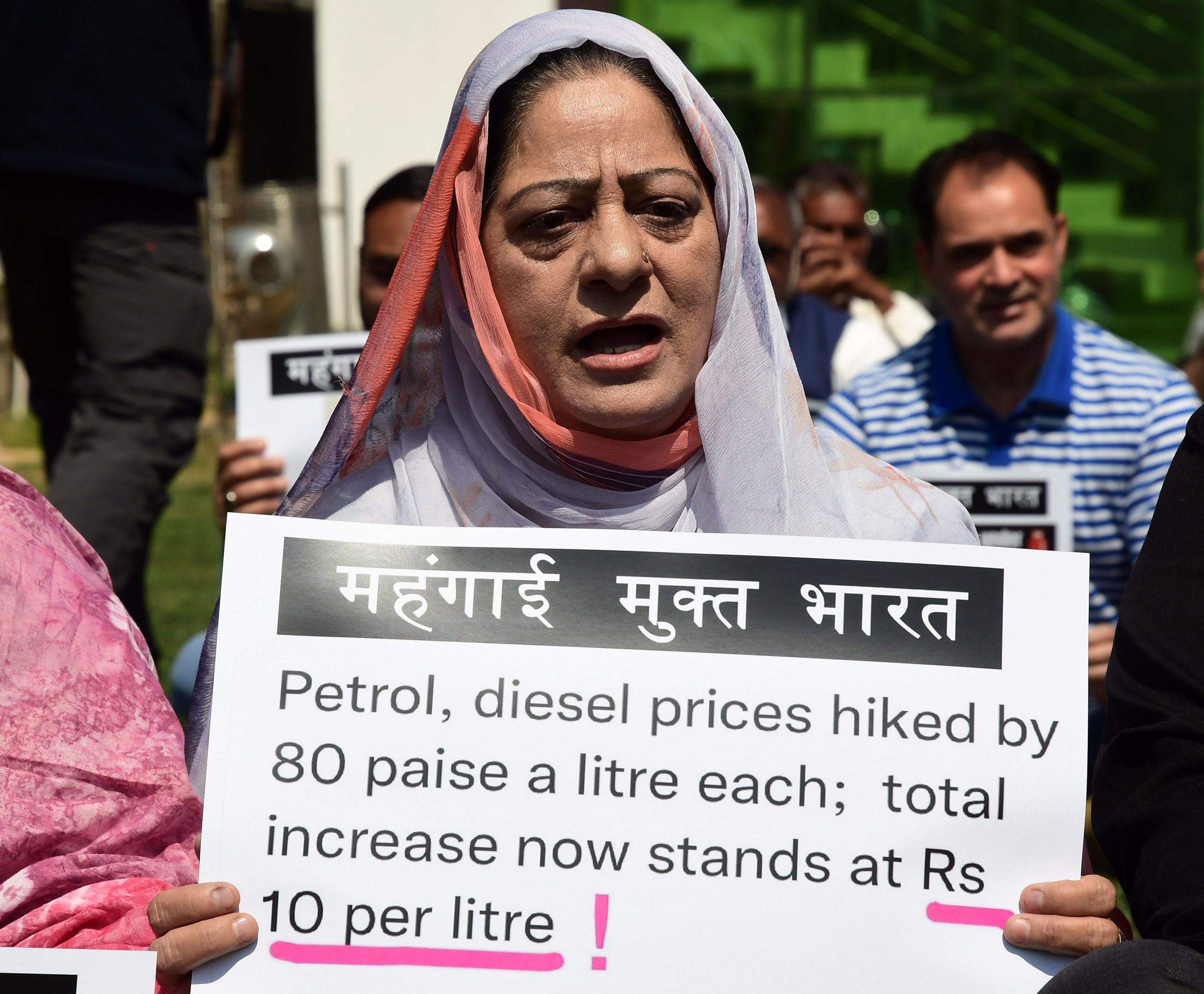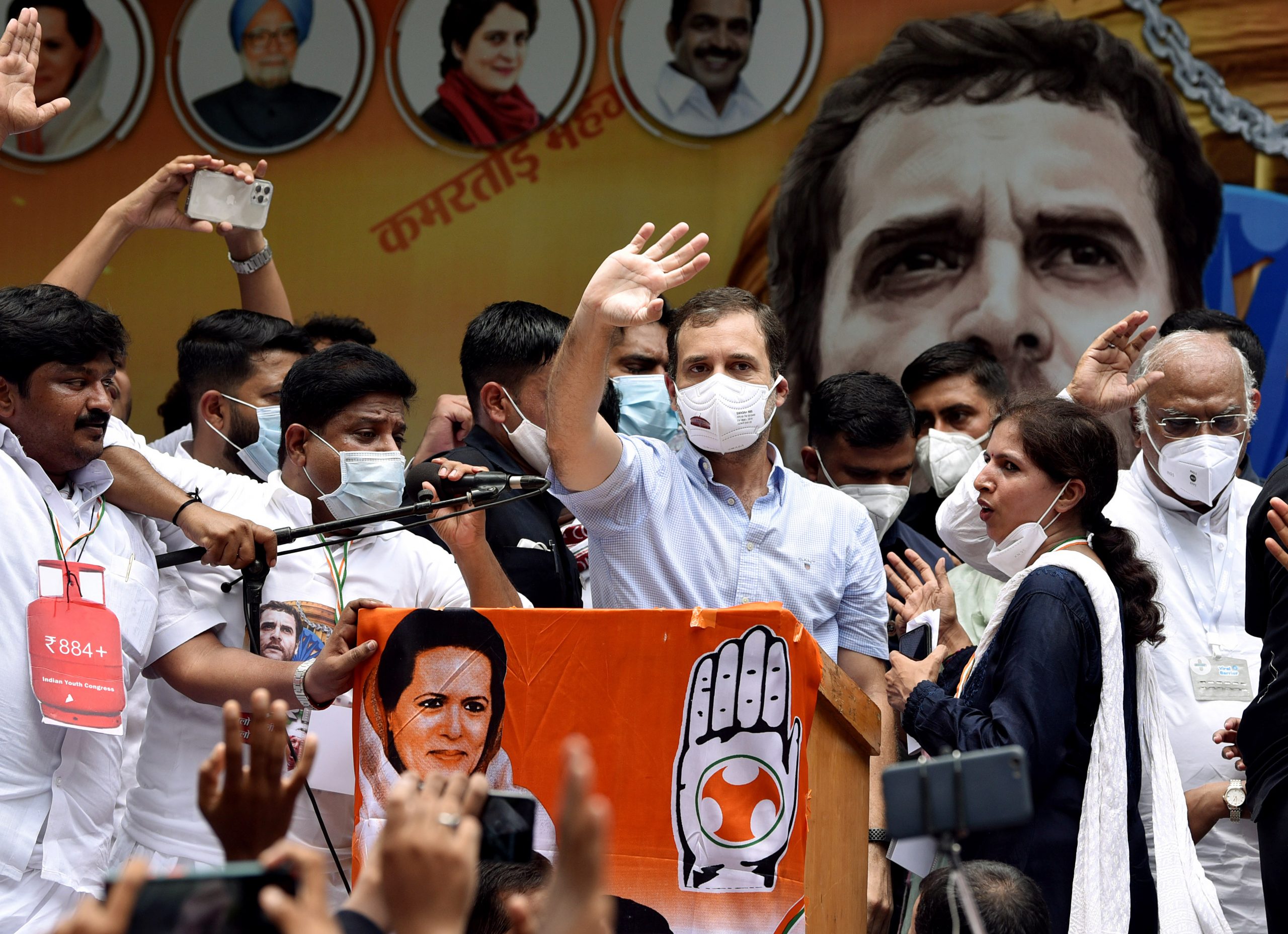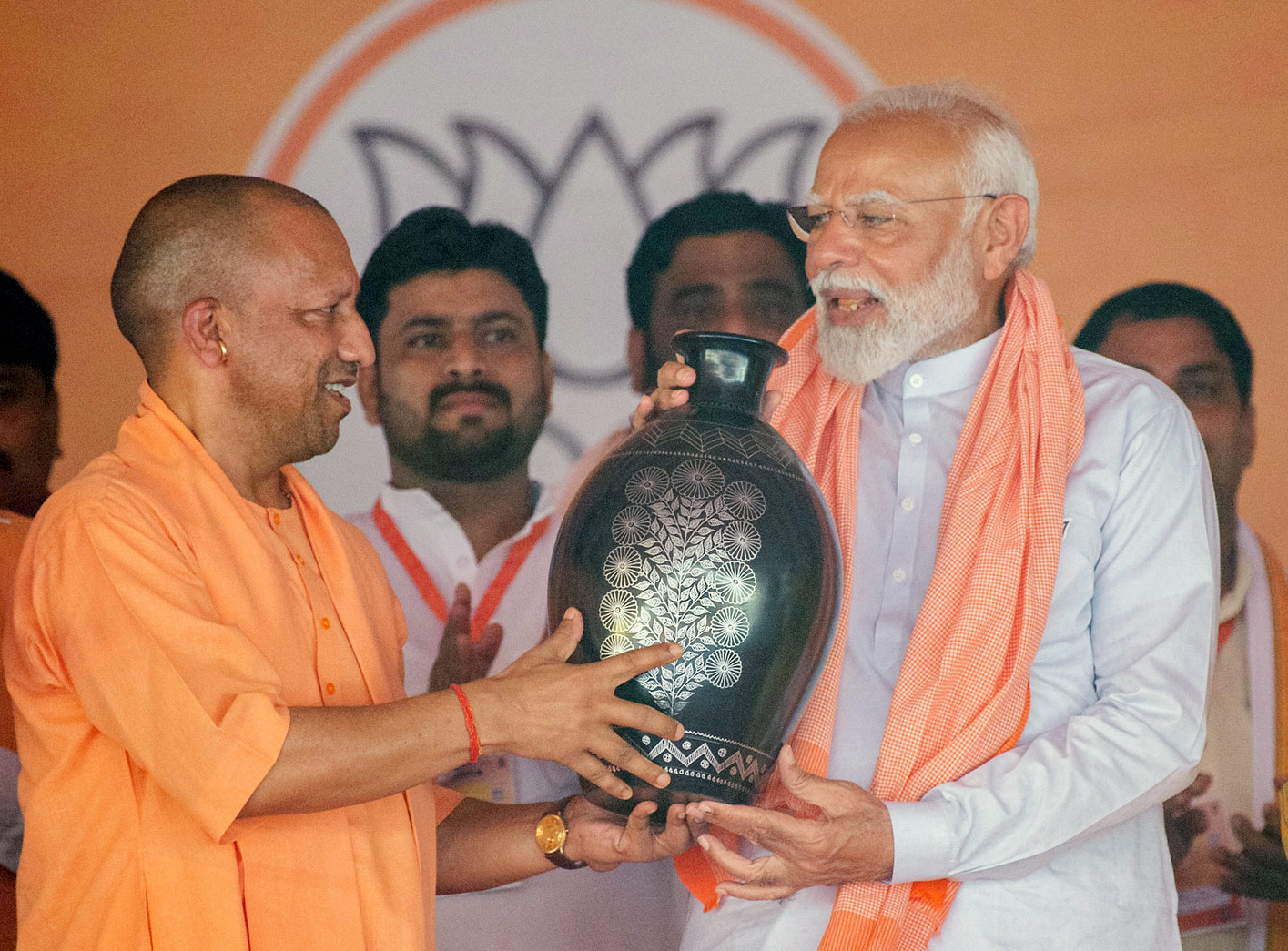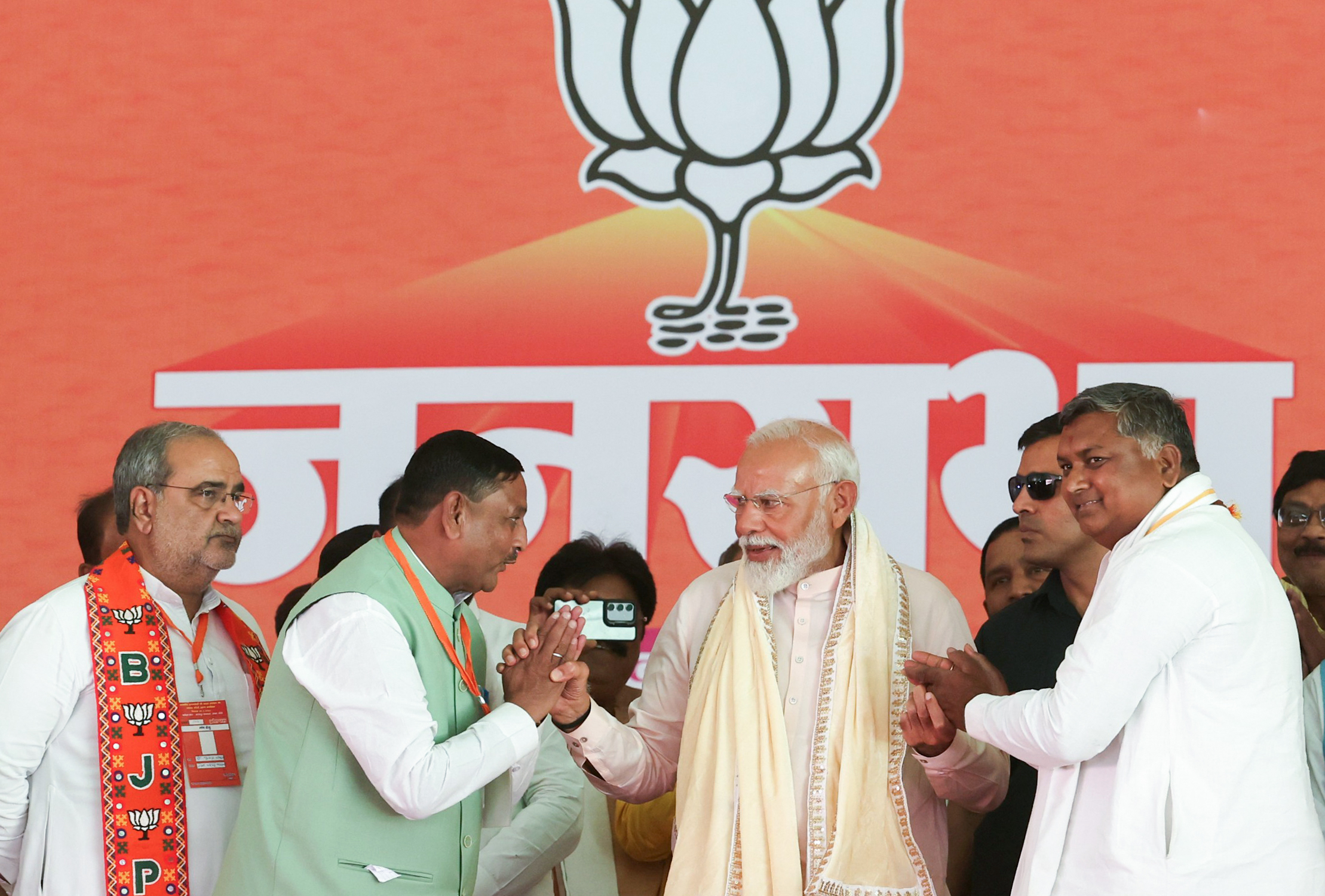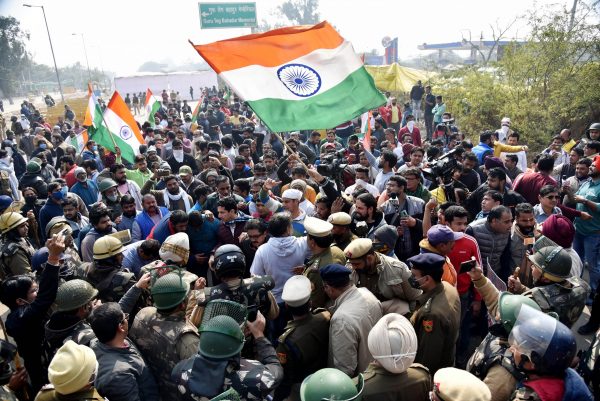The Narendra Modi government takes a drastic step of reducing oil and diesel prices as ordinary Indians feel the pain of rising inflation. What else can the government to avoid a full-blown crisis?
Our Bureau
New Delhi/Mumbai
In a sign of a looming crisis, the wholesale inflation in India surged to 15.08 per cent in April from 14.55 per cent in the previous month due to a sharp jump in the prices of fuel, metal, food and non-food articles and chemical products.
The Wholesale Price Index (WPI) based inflation has been in the double-digit for the 13 months in a row. The WPI-based inflation stood at 10.74 per cent in April 2021. The high rate of inflation in April 2022 was primarily due to a rise in prices of mineral oils, basic metals, crude petroleum & natural gas, food articles, non-food articles, food products and chemicals & chemical products, etc. as compared to the corresponding month of the previous year, the Ministry of Commerce & Industry said in a statement.
The rate of inflation based on WPI Food Index increased marginally from 8.71 per cent in March, 2022 to 8.88 per cent in April, 2022. The Food Index consisting of ‘Food Articles’ from Primary Articles group and ‘Food Product’ from the Manufactured Products group have increased from 167.3 in March, 2022 to 172.9 in April, 2022.
In the manufactured products category, the increase in prices is mainly contributed by basic metals, chemicals and chemical products, textiles, machinery and equipment, electrical equipment, and food products.
On Saturday, in a significant step aimed at providing relief to people from high fuel prices, the Centre announced a reduction in excise duty on petrol by Rs 8 per litre and on diesel by Rs 6 per litre. Making the announcement in tweets, Finance Minister Nirmala Sitharaman said that the move will have a revenue implication of around Rs 1 lakh crore per year. The minister, who made several other announcements aimed at curbing inflation said subsidy will be provided on cylinders under Ujjwala scheme. She urged states to also reduce VAT on petroleum products to give relief to the common man.
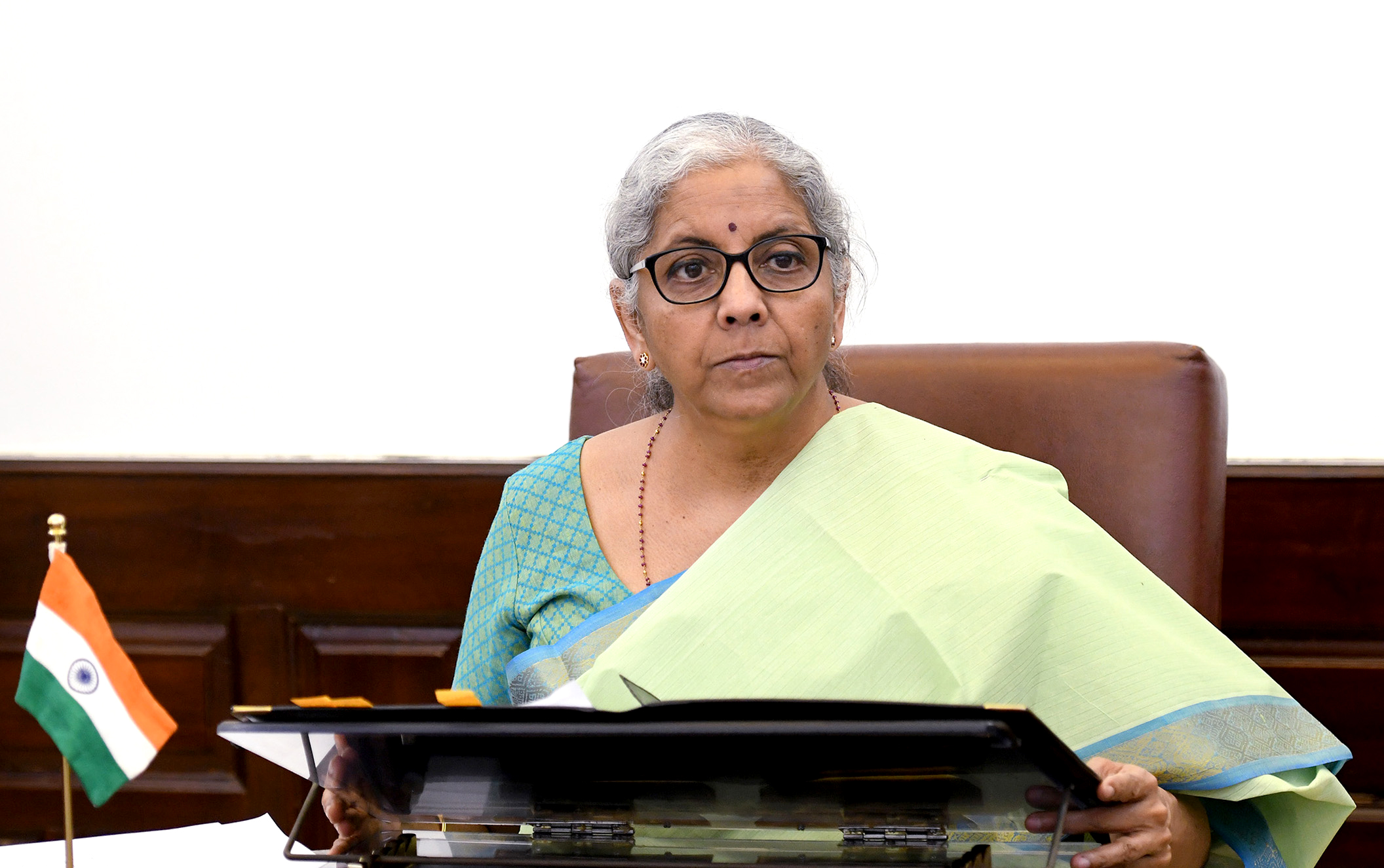
The government had similarly reduced excise duty on petrol and diesel in November last year on the eve of Diwali. It had reduced excise duty on petrol by Rs 5 a litre and on diesel by Rs 10 a litre. “We are reducing the Central excise duty on Petrol by Rs 8 per litre and on Diesel by Rs 6 per litre. This will reduce the price of petrol by Rs 9.5 per litre and of Diesel by Rs 7 per litre. It will have revenue implication of around Rs 1 lakh crore/year for the government,” Sitharaman said.
“I wish to exhort all state governments, especially the states where reduction wasn’t done during the last round (November 2021), to also implement a similar cut and give relief to the common man,” she added. The minister said that this year the government will give a subsidy of Rs 200 per gas cylinder (up to 12 cylinders) to over nine crore beneficiaries of Pradhan Mantri Ujjwala Yojana.
“This will help our mothers and sisters. This will have a revenue implication of around Rs 6100 crore a year,” she said.
The minister also referred to the Ukraine conflict and said in addition of the fertilizer subsidy of Rs 1.05 lakh crore announced in the budget, an additional amount of Rs 1.10 lakh crore is being provided to help the farmers.
“Despite rising fertilizer prices globally, we have protected our farmers from such price hikes. In addition to the fertilizer subsidy of Rs 1.05 lakh crore in the budget, an additional amount of Rs 1.10 lakh crore is being provided to further cushion our farmers,” she added.
Sitharaman said the Narendra Modi government is devoted to the welfare of the poor. “We’ve taken a number of steps to help the poor and middle class. As a result, the average inflation during our tenure has remained lower than during previous governments,” she said.
The Minister said that notifications with specific details on the announcements are being issued by the Centre. Sitharaman on Saturday also said that the government has protected farmers from the rise in prices of fertilizers globally and an additional amount of Rs 1.10 lakh crore is being provided besides Rs 1.05 lakh crore already sanctioned in the Union Budget 2022-23.
“Despite the challenging international situation, we’ve ensured that there are no shortages/scarcity of essential goods. Even a few developed countries couldn’t escape some shortages/disruptions. We are committed to ensure that prices of essential items are kept under control,” she added.
“We’ve taken a number of steps to help the poor and middle class. As a result, the average inflation during our tenure has remained lower than during previous governments,” she said.
Sitharaman said the Prime Minister has specifically asked all arms of the government to work with sensitivity and give relief to the common man. “Keeping in line with @PMOIndia @narendramodi’s commitment to help the poor and common man, Today, we are announcing more steps to help our people. Even during the pandemic, our government set a paradigm of welfare, especially with PM Garib Kalyan Anna Yojana. This is now acknowledged and appreciated the world over,” she said.
Meanwhile, as the economic crisis grapples with various South Asian countries including Nepal, Sri Lanka, and Pakistan, the three countries including the United States, India, and China have come forward to rescue the nations.
The recent financial crunches in hardest-hit Sri Lanka which has almost no petrol left, Nepal struggling with power outages, and Pakistan which is also grappling with the soaring inflation. India on Saturday provided another 40,000 metric tonnes of diesel to Sri Lanka under the credit line facility to the island nation which is grappling with its worst economic crisis.
Last month, India extended an additional USD 500 million credit line to help Sri Lanka import fuel as the country has been struggling to pay for imports after its foreign exchange reserves plummeted sharply in recent times.
“Pumping diesel into #SriLanka!!! Another 40,000 MT consignment of diesel under the credit line from #India reached #Colombo today. India’s High Commission has tweeted.
Sri Lanka is going through the worst economic crisis since independence in 1948. A crippling shortage of foreign reserves has led to long queues for fuel, cooking gas, and other essentials while power cuts and soaring food prices heaped misery on the people. The economic crisis has also triggered a political crisis in Sri Lanka and a demand for the resignation of the powerful Rajapaksas.
On the other hand, Nepal is undergoing a serious financial crisis with foreign reserves falling down in wake of elongating Russia-Ukraine crisis. The government is making attempt to reduce the consumption of fuels to preserve the foreign reserve and also has decided to ban the import of 10 different luxurious goods.
In recent days, with inflation close to 13 per cent and food prices skyrocketing, Pakistan is said to be heading towards a Sri Lanka-like crisis.
It is a crisis all South Asian nations, including India, want to avoid.
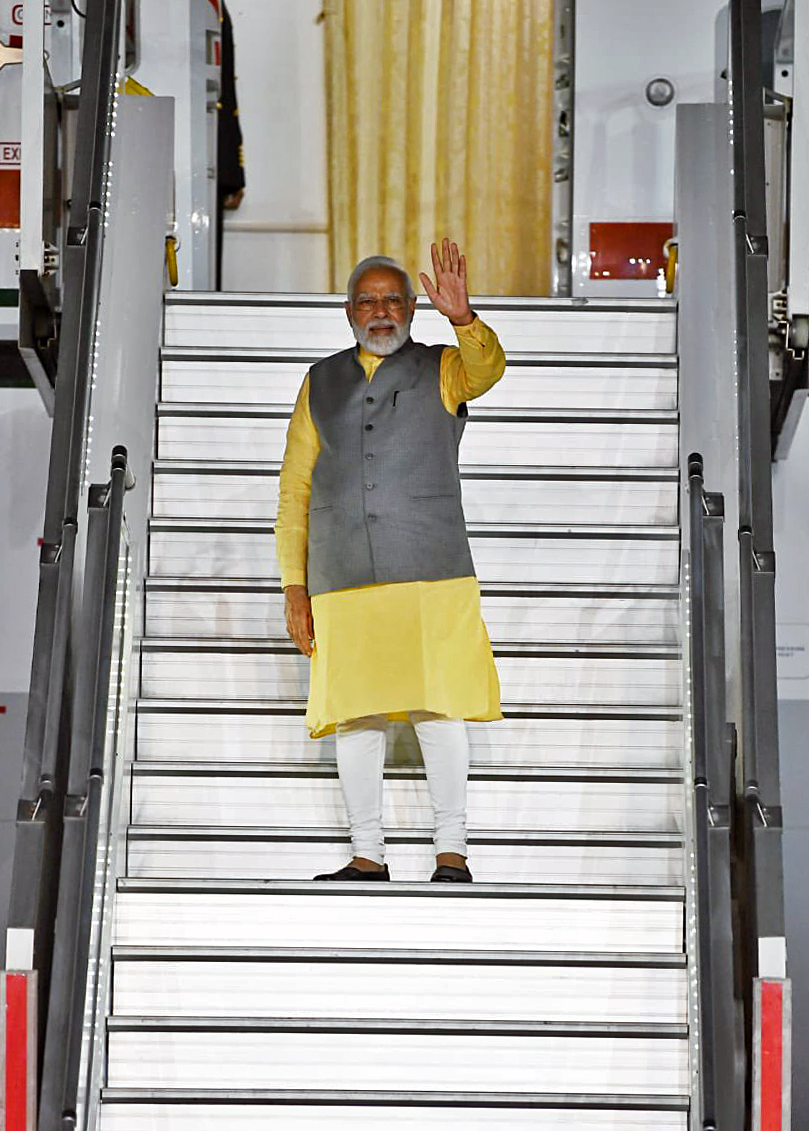
G7 countries determined to rein in rising inflation
The Group of Seven (G7) countries are determined to rein in the spiralling inflation, German Finance Minister Christian Lindner said on Friday.
Speaking at a press conference after the G7 finance ministers and central governors meeting held in Germany, Lindner called on central banks to bring down the surging inflation. “Across most G7 countries, inflation rates have reached levels not seen for decades,” said a communique released after the meeting.
“G7 central banks are closely monitoring the impact of price pressures on inflation expectations and will continue to appropriately calibrate the pace of monetary policy tightening in a data-dependent and clearly communicated manner, ensuring that inflation expectations remain well anchored, while being mindful to safeguard the recovery and limit negative cross-country spillovers.”
Joachim Nagel, chief of the German central bank, Bundesbank, also voiced his concern about inflation while hosting the press conference with Lindner.
Earlier this month, Nagel, also European Central Bank (ECB) governing council member, explicitly proposed that the ECB should end bond purchases as the first step at the end of June and start raising interest rates in July.
The G7 ministers and governors reaffirmed their financial support for Ukraine at the Petersberg meeting. They also revealed that the G7 countries have mobilized 19.8 billion US dollars of budget support to help Ukraine in 2022.
















